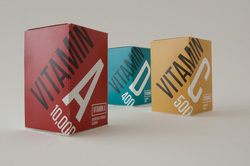
One Caveat:
I do not talk much in this blog about dosages because I feel that vitamin dosages are patient specific. That being said, one can easily obtain a list of the recommended daily intake (RDI) values. These values differ if you are male or female, a child or pregnant. I would suggest however, that everyone talk to their naturopathic doctor, nutritionist or medical doctor specifically about what they would like to try and why before starting to take supplements. This is because vitamins can be dangerous when taking with certain medical conditions and some vitamins interact with other medications you might be taking. This is why it is always important to discuss your supplements with your doctor. So please be cautious when taking supplements and get guidance from a licensed professional.
I wrote this article to help educate about some common deficiencies, and possible medical benefits that can be found by using vitamin and mineral supplementation.
The Multivitamin
Although this is the most popular supplement, it is considered by many alternative medical practitioners as one of the most overrated. Multivitamins are a good idea in theory but multivitamins have some major drawbacks. A multivitamin usually does not contain enough of each vitamin for that vitamin to have any effect. As well, taking a multivitamin might provide you with more than enough of certain vitamins like Vitamin C which is already very plentiful in most peoples diets and not enough of the vitamins many people are deficient in like Vitamin D. I don’t recommend multivitamins unless a patient has a very restricted diet and really cannot afford to purchase more than one supplement.
Common Vitamin Deficiencies
The following are a list vitamins people are commonly deficient in:
Vitamin D
Vitamin D is currently a very popular supplement and this is for good reason: most people are deficient in Vitamin D and it is very important for our health. Vitamin D is different from other essential vitamins because our own bodies manufacture it through our exposure to sunlight. Since sunshine is somewhat limited during certain months in the UK and since most peoples bodies are not uncovered most of the time, Vitamin D can be somewhat difficult to acquire.
The main function of vitamin D is to regulate the absorption of calcium and phosphorus in our bones (bone health). It also plays a critical role in healthy immune function. If you or someone you know has constant colds and flus it may be due to low Vitamin D status. It has also been shown to help maintain healthy body weight, reduce the risk of heart attacks and some cancers. Interestingly, it has been shown to prevent the natural cognitive decline in aging. Ask your doctor to test your Vitamin D levels and if deficient take it as a supplement.
Calcium
Calcium deficiency tends to be common in older people and those that don’t consume much dairy. Calcium is crucial for bone health. I prefer if patients focus on getting their calcium from non-dairy sources if possible. Foods like Bok Choy, Spinach, Collard greens, Almonds, Salmon and canned sardines are high in Calcium. If however, you do not think you can eat these very often then perhaps take a calcium supplement.
Magnesium
Magnesium has a role in the body in helping with the proper function of many of our enzymes, it also works as a muscle relaxant. In fact, magnesium deficiency is often associated with muscle pain and spasm; especially back pain.
Magnesium is hard to obtain in our diets, because it is mainly removed with processing - so only whole unprocessed food contain it. Good magnesium sources are nuts, tofu, soybeans, figs, and unrefined whole wheat or rye bread. If your diet is lacking in magnesium, definitely consider supplementation. It also works wonders in helping people suffering from constipation get relief. As well magnesium is depleted by stress and coffee. Magnesium deficiency has been found in people suffering from Fibromyalgia and they will benefit from it in its magnesium malate form or a mixture of citrate and malate. I prefer Magnesium citrate as the supplement form of choice for most people.
It is important to note that people can often get Magnesium, Calcium and Vitamin D in one supplement. In my opinion this may be a better supplement to take than a multivitamin since it is these vitamins in which we are most likely deficient.
Iron
One of the most common mineral deficiencies in the world is iron. A direct consequence of iron deficiency is iron deficiency anemia. Iron works is a part of the molecule hemoglobin and therefore is crucial to proper red blood cell function.
People suffering from iron deficiency mostly tend to be women. It is usually low in vegans and some vegetarians as well. Symptoms of iron deficiency are tiredness, moodiness, restless leg syndrome, muscle weakness, hair loss and impaired concentration. Some good food sources are meat, poultry, fish, leafy green vegetables, beans, whole grains, and blackstrap molasses. Iron supplementation is usually handled medical doctors, as overdosing can be toxic. Ask you doctor to test your iron and if low make sure to take a supplement.
Zinc
Zinc is involved with over 200 enzymatic reactions in the body and is critical for proper genetic expression and cellular division. Zinc deficiency is not rare because Zinc is hard for many people to absorb. It is critical for fertility in men, and for immune function in general. Signs and symptoms of Zinc deficiency is often loss of taste and smell. Excellent sources of Zinc are Meats, Eggs (mostly in the yolk), wheat bran, buckwheat, millet rice bran, whole wheat flour, oatmeal, brown rice and corn meal. It can also be found in black-eyed peas, green peas, garbonzos, lentils, limas, pumpkin and peanuts seeds, Spinach, Sweet corn, and Onions. The best form of zinc is the highly absorbable zinc picolinate. Zinc and copper compete in the stomach for absorption so any supplement you take of zinc longterm should also include a small amount of copper.
In my blog next article (Part 2) of Dr. Anders Nerman’s Vitamin and Supplements Guide, I will be discussing some other important supplements to consider taking for general health and will be identifying some supplements that are a fad and do not work. I will also be giving information on targeted supplementation for specific disorders.
To Health,
Dr. Anders Nerman, ND
Dr. Anders Nerman, N.D. is a Naturopathic Doctor with an Integrative Family Medical practice in Wolfson Medical Center in Jerusalem, Israel. For more visit www.drnerman.com or call 972-54-427-8667.
Information is provided for informational purposes only and is not intended as a substitute for the advice provided by your physician or other healthcare professional. Always speak with your physician or other healthcare professional before taking any medication or nutritional, herbal or homeopathic supplement, or adopting any treatment for a health problem.
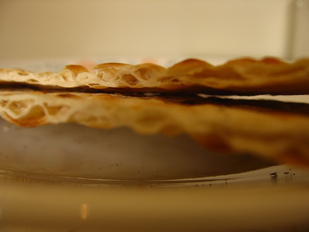

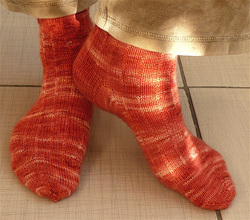
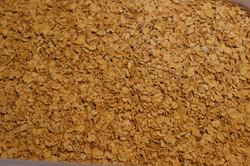
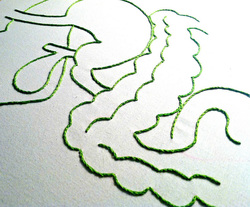
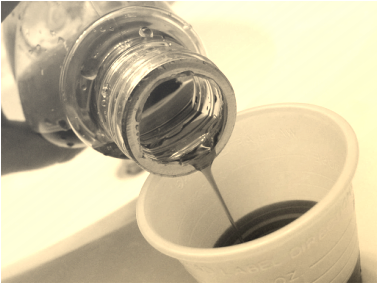


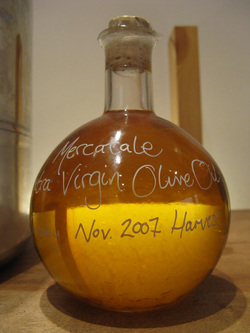
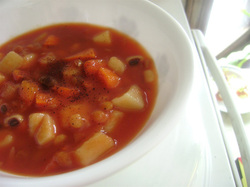
 RSS Feed
RSS Feed
